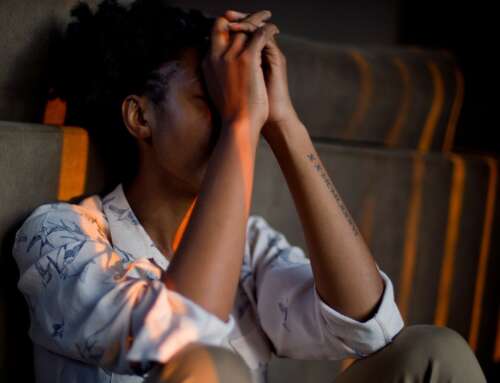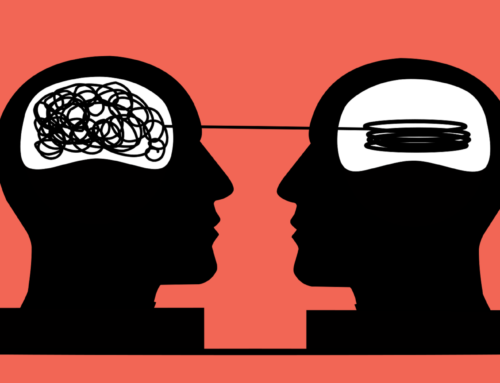Depression is usually considered an issue parents have to watch out for starting in the turbulent teenage years. The CW channel, full of characters with existential angst about school, friends and young love, tells us so, as do the countless parenting books about the adolescent years in every guidance counselor’s office.
But what if by that time it’s already too late?
A large new study out this week contains some alarming data about the state of children’s mental health in the United States, finding that depression in many children appears to start as early as age 11. By the time they hit age 17, the analysis found, 13.6 percent of boys and a staggering 36.1 percent of girls have been or are depressed.
These numbers are significantly higher than previous estimates. Understanding the risk of depression is critically important because of the close link between depressive episodes and serious issues with school, relationships and suicide.
While researchers have long known about the gender gap in depression, with more adult women than men suffering from the condition, the new numbers show that whatever divergent paths boys and girls take happens even earlier than expected.
Published in the journal Translational Psychiatry, the study was based on data compiled from in-person interviews with more than 100,000 children who participated in the National Survey of Drug Use and Health from 2009 to 2014. The NSDUH is an annual survey on a representative sample of the U.S. population.
Among the standard questions asked are ones about insomnia, irritability, and feelings of guilt or worthlessness that researchers used to “diagnose” survey participants with depression using diagnostic criteria from the Diagnostic and Statistical Manual of Mental Disorders. Through the survey, they were able to capture a broader group of children than those who have a formal diagnosis and who may be in treatment.
Joshua Breslau, a senior researcher in the division of health for RAND and lead author of the study, explained in an interview that one of the main working theories about why there is such a big gender difference in depression had to do with the teen years.
“The idea was that it was something in particular, socially or biologically, that was happening about mid-adolescence in girls that led to this increase,” Breslau said. “What we found partially contradicts that.”
–
Read More: More than a third of teenage girls experience depression, new study says







Leave A Comment